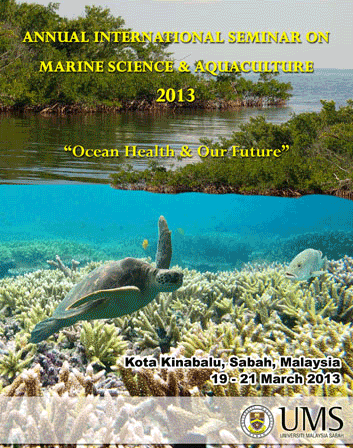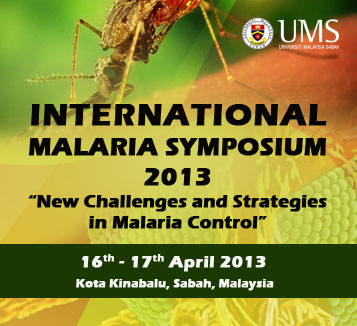
Universiti Malaysia Sabah and Kinki University of Japan initiated the annual seminar series in 2003. Named as "Annual Seminar on Marine Science and Aquaculture", these seminars have provided a platform to exchange knowledge about the marine ecosystem and development of aquatic food resources through sustainable fisheries and aquaculture.
Due to increasing number of participants and diverse backgrounds they come from, there is a need to bring the broader issues of global importance into the scope of discussion. This has motivated the transformation of annual seminar series into an international event. Henceforth, the International Seminar on Marine Science and Aquaculture will encompass a variety of perspectives that are rapidly shaping the research interest in marine environment and seafood resources.
The theme of the upcoming seminar schedule in 2013 will be "OCEAN HEALTH & OUR FUTURE". The seminar focus on topics that are thematic or technical in nature and will be open to those having profesional interest in this subject.
Please visit our website for further details: http://www.ums.edu.my/ipmb/isomsa/



